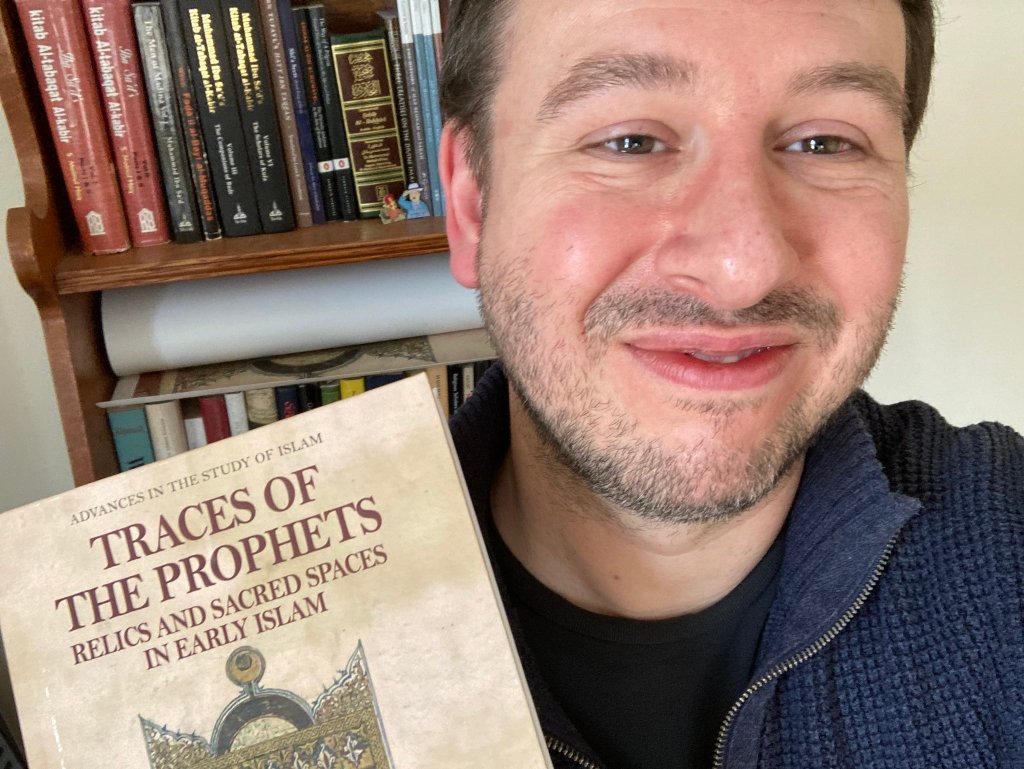After completing Mohsen Goudarzi’s article, Worship (din), Monotheism (islam), and the Qur’an’s Cultic Decalogue, I found further evidence that the Qur’an was indeed revealed as a guide (hudan) and light (nuran) for minds clouded by confusion. For me, this research offers a fresh spark to the often-saturated field of Qur’anic studies, which has, over time, neglected some of its simpler truths.
Mohsen Goudarzi, an assistant professor at Harvard Divinity School (as of July 2021), previously taught at the University of Minnesota. He is a scholar specializing in Qur’anic Studies, with a focus on re-evaluating some of the most fundamental assumptions traditionally held in the field.

In the abstract of his paper, Goudarzi clearly outlines the approach of his study, which aligns with the title. First, he traces the meanings of din and islam from classical sources. Second, he reinterprets three verses (QS Ali Imran (3): 19, 85, and QS Al-Maidah (5): 3). Lastly, as the focal point of his study, he examines the “cultic decalogue” found in third verse of Surah Al-Maidah, which pertains to the prohibition of consuming certain animals.
Goudarzi’s curiosity about the meaning of din and islam, which challenges conventional interpretations, echoes the work of Toshihiko Izutsu from 50 years ago. The word din has long been understood as “religion,” but Goudarzi argues that this interpretation is inadequate. He posits, “In this study, I argue in some detail that the Qur’anic meaning of din as ‘worship’ reflects the ideas of ‘servitude’ and ‘service,’ which are often more pertinent to the signification of din and the verb dana in early Arabic literature than the notion of ‘obedience.'”
Between Service, Worship, and Law










